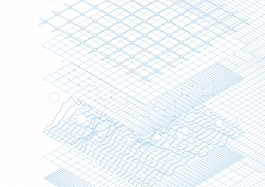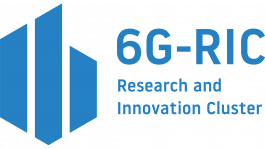



One of the greatest challenges of the technological shift to 6G is how to reconcile the expected explosive growth in data traffic, the integration of sensor services and massive network densification with the demand for global sustainability and fairness.
In view of Germany’s long-term climate goals and the rapid spread of wireless communications, a profound reduction in energy consumption in future mobile networks is of particular social and economic importance. Privacy protection and user security are also growing more and more crucial for the social acceptance of future 6G technologies. In parallel, with the advent of quantum computing, it is essential for the security of 6G networks to be based from the outset on techniques that are resistant to quantum attacks.
Find the complete list of 6G-RIC publications → here.

At the heart of 6G-RIC are six Technical Innovation Areas (TIAs), which serve as technology drivers for 6G. Each TIA is associated with specific research challenges, whose resolution lies at the focus of the 6G-RIC research agenda. In this document, we formulate these challenges in the form of key research questions that should be answered within each of the six TIAs. Due to the interdisciplinary nature of the selected questions, 6G-RIC undertakes a holistic approach that simultaneously investigates hardware architectures, signal and protocol design, network computing aspects, as well as algorithmic and implementation complexity. In this context, energy efficiency and security play a leading role as horizontal aspects overarching all studied technologies.

One of the greatest challenges of the technological shift to 6G is how to reconcile the expected explosive growth in data traffic, the integration of sensor services and massive network densification with the demand for global sustainability and fairness.
In view of Germany’s long-term climate goals and the rapid spread of wireless communications, a profound reduction in energy consumption in future mobile networks is of particular social and economic importance. Privacy protection and user security are also growing more and more crucial for the social acceptance of future 6G technologies. In parallel, with the advent of quantum computing, it is essential for the security of 6G networks to be based from the outset on techniques that are resistant to quantum attacks.
Find the complete list of 6G-RIC publications → here.

At the heart of 6G-RIC are six Technical Innovation Areas (TIAs), which serve as technology drivers for 6G. Each TIA is associated with specific research challenges, whose resolution lies at the focus of the 6G-RIC research agenda. In this document, we formulate these challenges in the form of key research questions that should be answered within each of the six TIAs. Due to the interdisciplinary nature of the selected questions, 6G-RIC undertakes a holistic approach that simultaneously investigates hardware architectures, signal and protocol design, network computing aspects, as well as algorithmic and implementation complexity. In this context, energy efficiency and security play a leading role as horizontal aspects overarching all studied technologies.

Fraunhofer Heinrich-Hertz-Institut, HHI
Prof. Dr.-Ing. Slawomir Stanczak
Einsteinufer 37
D–10587 Berlin
E-Mail: info@6g-ric.de
Fraunhofer Heinrich-Hertz-Institut, HHI
Prof. Dr.-Ing. Slawomir Stanczak
Einsteinufer 37
D–10587 Berlin
E-Mail: info@6g-ric.de